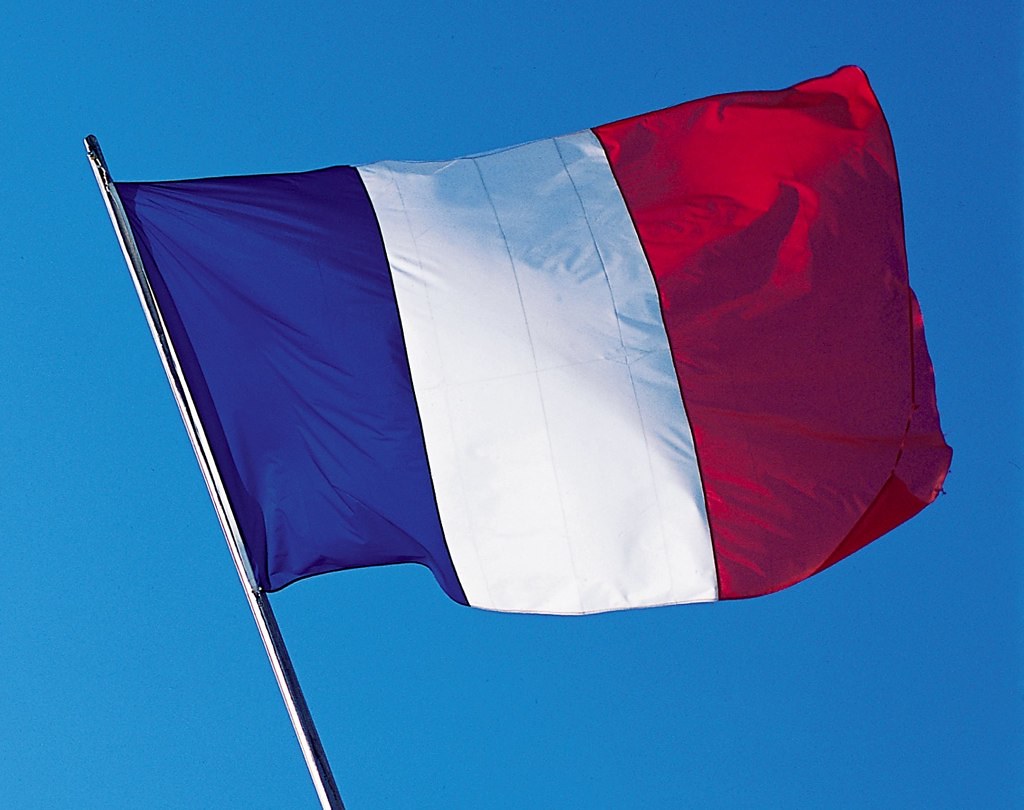During the height of the COVID-19 lockdown, I sat down with French politician, Charles-Henri Gallois, to discuss his views on Frexit and the impact of COVID-19 on the future of the European Union.
Politically engaged from a noticeably young age, Gallois graduated from Lyon Business School with a degree in Economics. In 2019, Gallois published his first book, ‘Les illusions économiques de l’Union Européenne’, which presented a scathing attack on the European Union’s monetary policy as well as its democratic deficit. Today, at the age of thirty-two, Gallois now finds himself as Treasurer of l’Union Populaire Républicain‘, a French sovereigntist political party which advocates for the French withdrawal from the EU, the Euro and, NATO as well as proposing a nation-wide referendum to resolve the issues of national public debt and immigration.
On the night of Britain’s departure from the EU, Gallois was pictured in Parliament Square, celebrating alongside the Brexit party’s Alexandra Phillips. When I questioned his reasons for celebrating Brexit, he instantly responded with one word: “freedom”. This was, he explained, an opportunity for the British people to take back control of their economy, their law-making, and their national borders. A phenomenon which he believed would inspire other European countries to retain their own national sovereignty.
Furthermore, the French politician maintained that Italy would be the next country to leave the organisation. Admittedly, the polls seem to concur with Gallois. The Tecné Agency poll, for example, found that forty-nine per cent of Italians were now in support of leaving the European Union, up by twenty per cent since the end of 2018. Whilst the Italians have always had a rather difficult relationship with their European counterparts, it is fair to say that COVID-19 has sparked the bonfire. Indeed, relations have been marred by the German and Dutch decision to veto any ‘coronabond’ schemes (joint debt issued to member states which would be common and would come from the European Investment Bank).
Moreover, during the height of the pandemic, the EU continued to hit Italy with heavy fines for breaking state aid rules. The most appalling of these cases saw the Italian government being slapped with a €7.5 million fine by the EU for failing to recuperate the illegal state aid it gave to the Sardinian hotel industry to cope with lockdown measures. Due to the incoming worldwide recession caused by the virus, Gallois believes that the Italians are left with two choices: “Italexit” or being “enslaved” within the European Stability Mechanism (ESM). The latter was the route that Greece took, following the previous Eurozone crisis, which saw the country accept bailout loans in return for mass privatisation of industry as well as a ceding of economic sovereignty to the ESM.
Having felt his undeniable enthusiasm for Frexit, I was curious to know when and how Gallois harboured these Eurosceptic sentiments. When I probed him, however, he was quick to reject the term “Eurosceptic”. Indeed, in the eyes of the Frenchman, Euroscepticism would suggest that he simply had doubts about the EU’s current framework. He preferred the label “Eurolucid” because he understood very clearly that its mechanism was constructed with the intention of “removing democratic power from the people and preventing reform”. Specifically, he alluded to the fact that all EU treaties must be reformed unanimously. National conflict of interests, he clarified, thus deterred real change within the EU.
More specifically, however, France’s vision of a “social Europe” would be vetoed by the Germans, Dutch, and Luxembourgers who favoured a neo-liberal economy and deflationary fiscal measures. This understanding, he explained, was borne from his time spent at Lyon Business School where he began to understand that the Euro created a huge commercial deficit for France because the currency was overvalued for the competitiveness of the French economy, thus decreasing import prices whilst increasing export prices.
I wondered how Gallois felt the EU had handled the pandemic. “Poorly” was the short answer. Indeed, he believed that the virus had exposed the myth of “European solidarity” which had been championed by the EU’s supporters. Italy’s cries for help, he uttered, were ignored by its European counterparts and, rather, were met by the likes of Cuba, Venezuela, and Russia. Gallois went as far as saying that a “mask war” had broken out within the EU. One particular episode to which the French politician alludes was the Czech government’s decision to seize over 100,000 masks that had been sent to Italy from China.
Finally, I asked Gallois how he saw Anglo-French relations developing in the next decade. Anthropologically, he believed that France and Britain had far more in common with each other than most other European countries, including Germany. He, thus, hoped that the French would join Britain in leaving the EU, forging a new alliance of cooperation and trade between the two great nations. Ultimately, he explained, international cooperation existed before the EU and would continue to exist afterwards.
Julien Yvon
Image: Flickr.

